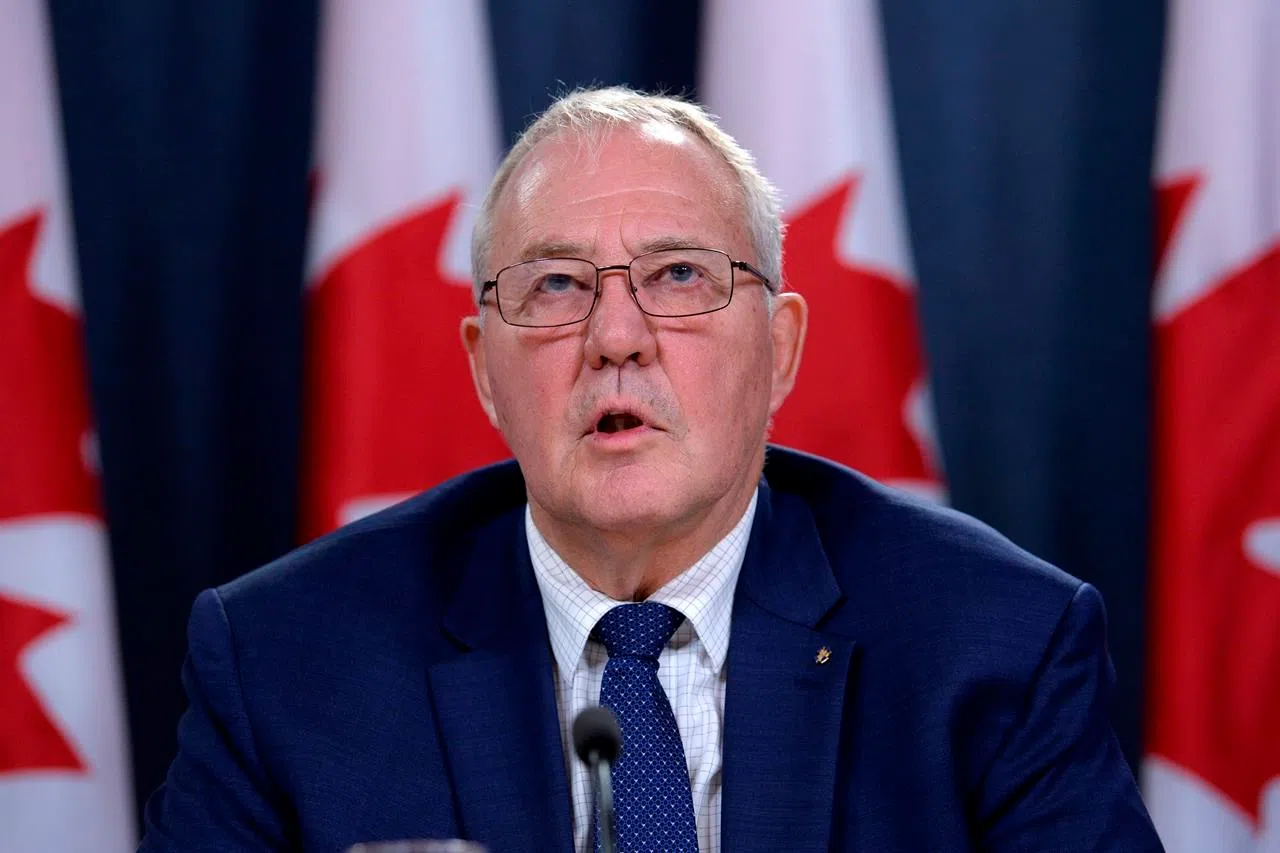
Feds defend barring edible cannabis for a year as black market eyes gaps
OTTAWA — The Liberal government is aware the massive black market for marijuana is banking on the appeal of products like cookies, tablets and vape pens but it defends waiting another year to greenlight these items for the legal market.
Canada became the first G7 country to legalize cannabis for recreational use Wednesday but it opted to limit purchases to dried or fresh cannabis and cannabis oil from government-licensed retailers.
Canadians can also make cannabis products, such as food and drinks, for personal use.
Federal officials, meantime, are coming up with draft regulations on “new classes” of cannabis with the goal of finishing them by the end of the year. Consultations will follow and officials hope to have everything finalized by next October.


